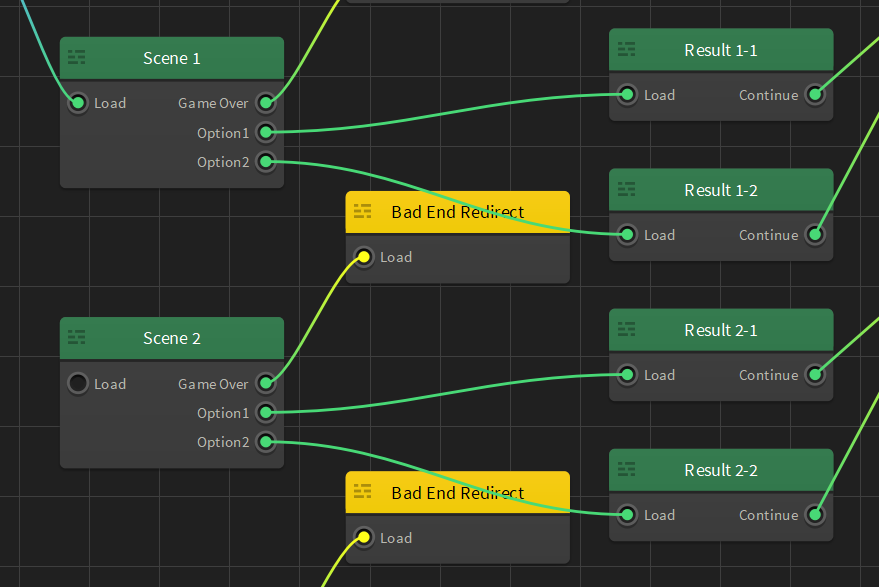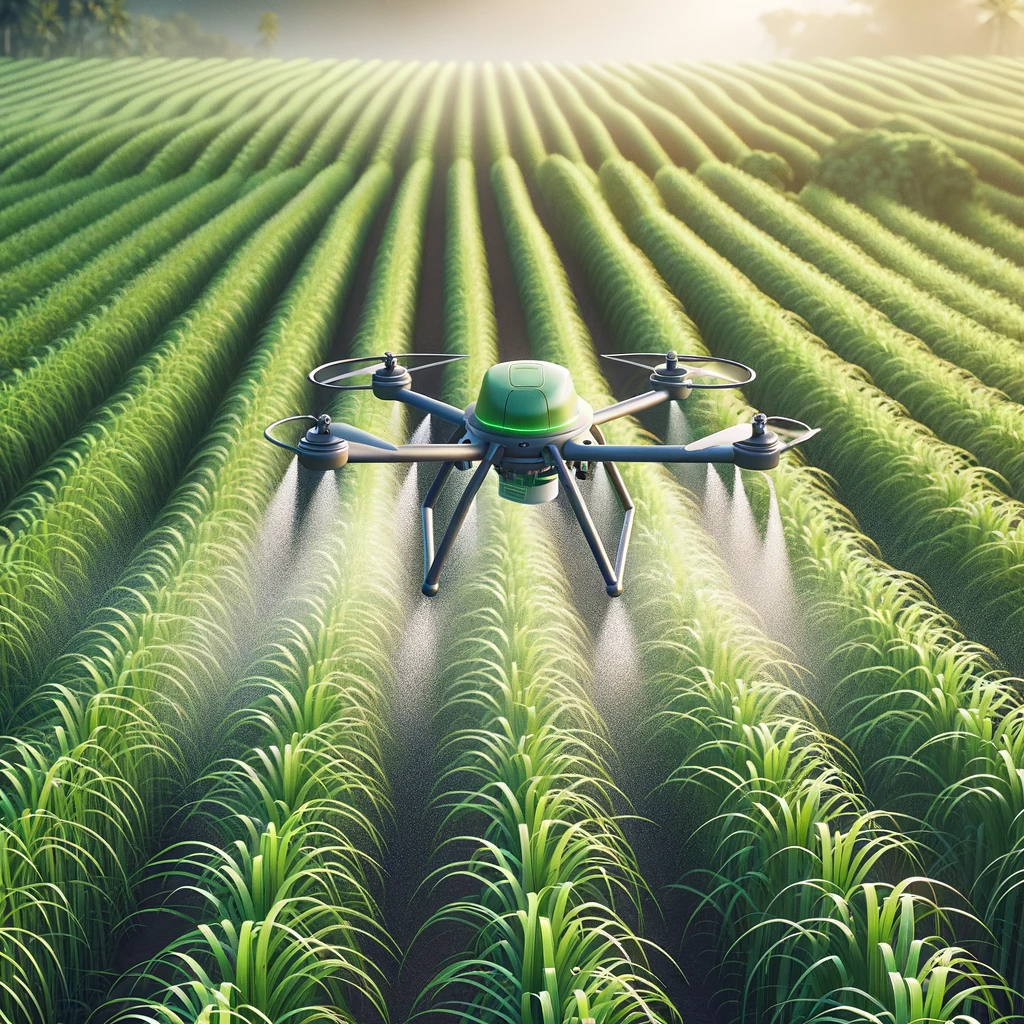
Artificial Intelligence (AI) has completely transformed numerous industries, and the gaming sector is no exception. The advancements in AI technology have revolutionized video game experiences, providing gamers with immersive and dynamic gameplay. From intelligent Non-Player Characters (NPCs) to highly sophisticated behavioral patterns, AI has propelled gaming to unprecedented heights. In this article, we will delve into the immense power of AI in video games, exploring its evolution, technological aspects, impact, and emerging trends.

The Evolution of AI in Gaming:
AI in video games has come a long way since its inception. Initially, AI was limited to simple scripted behaviors, where NPCs followed predetermined paths and actions. As gamers craved more realistic and engaging experiences, developers turned to AI to enhance the intelligence and autonomy of NPCs. This led to the development of rule-based AI systems, which allowed NPCs to react dynamically and adapt to the player’s actions.
However, rule-based AI had its limitations, as it relied heavily on pre-defined rules and lacked the ability to learn and adapt in real-time. With the emergence of machine learning and neural networks, a new era of AI in gaming began. Machine learning algorithms enabled NPCs to learn from player behavior and make decisions based on the data they collected. This breakthrough in AI technology introduced a new level of realism and unpredictability in video games.
Technological Aspects of AI in Gaming:
The technological aspects of AI in gaming are multifaceted. One of the key components is pathfinding, which involves determining the most efficient route for NPCs to reach their destinations. Algorithms like A* and Dijkstra’s algorithm help NPCs navigate complex gaming environments, avoiding obstacles and making informed decisions.
Another crucial aspect is decision-making. AI-controlled characters need to make choices based on various factors, such as the player’s actions, the state of the game, and their own objectives. Reinforcement learning algorithms, such as Q-learning and deep Q-networks, enable NPCs to learn optimal decision strategies through trial and error.
Furthermore, AI in gaming utilizes data-driven techniques for creating realistic and believable behaviors. Behavior trees and state machines are commonly used to model the actions and responses of NPCs, allowing them to exhibit diverse and context-specific behaviors. These techniques also facilitate the creation of unique personalities for each character, adding depth and immersion to the gaming experience.

Impact of AI on Gaming:
The impact of AI on gaming has been profound. AI-powered NPCs have become more intelligent and responsive, enhancing the challenge and excitement of gameplay. They can exhibit adaptive behavior, making each playthrough unique and unpredictable. This added complexity has opened up new avenues for immersive storytelling and interactive narratives.
Moreover, AI has greatly improved game optimization and performance. Dynamic difficulty adjustment algorithms ensure that games adapt to the player’s skill level, providing a balanced and enjoyable experience. AI-driven procedural content generation enables developers to create vast and procedurally generated game worlds, enhancing replayability and longevity.
Additionally, AI technology has supported the emergence of online gaming communities, where players can interact with AI-controlled characters that simulate human-like behavior. Chatbots and virtual assistants have become commonplace in multiplayer games, enhancing social interactions and providing assistance to players.
Emerging Trends in AI Gaming:
The future of AI in gaming looks incredibly promising, with several emerging trends shaping its development. One such trend is the integration of AI into virtual reality (VR) and augmented reality (AR) gaming experiences. AI-powered NPCs and intelligent chatbots can make these immersive worlds even more lifelike, creating richer and more engaging virtual environments.
Furthermore, there is a growing focus on emotional AI in gaming. Developers are exploring techniques to make NPCs display emotions and respond empathetically to player actions. Emotion recognition algorithms could enable NPCs to exhibit realistic reactions, making the gaming experience more emotionally stimulating and immersive.
Another exciting trend is the use of generative adversarial networks (GANs) in procedural content generation. GANs can generate highly realistic and detailed textures, landscapes, and character models, reducing the workload on developers and offering visually stunning game worlds.
Building Gaming Ready NPCs powered by AI with Inworld
InWorld AI is a technology company focused on the creation of virtual characters powered by advanced artificial intelligence. The fundamental goal of InWorld AI is to provide developers, creators, and storytellers with the tools and platform needed to bring lifelike characters into various digital realms, ranging from virtual reality (VR) and augmented reality (AR), to video games and interactive narratives.
The core of InWorld AI’s innovation lies in its emphasis on character depth and interactivity. The AI-driven characters are crafted to engage with users in a natural and intuitive manner, displaying unique personalities, emotions, and the ability to participate in meaningful conversations. These characters are not simply scripted automatons but are designed to learn and evolve based on interactions, making every encounter truly dynamic and personalized.
By combining state-of-the-art language models, machine learning algorithms, and a comprehensive suite of development tools, InWorld AI seeks to empower creative minds to populate their digital spaces with entities that can deliver memorable and authentic experiences. As the boundary between the virtual and real worlds continues to blur, InWorld AI stands at the forefront of this transformation, redefining the potential for human-computer interaction.
Try https://inworld.ai/ today
Conclusion:
The impact of AI on the gaming industry has been immense, pushing the boundaries of what is possible in terms of immersion, dynamic gameplay, and interactive storytelling. The evolution of AI technology, driven by machine learning and neural networks, has empowered NPCs with intelligence and adaptability. As AI continues to advance, new trends are emerging, such as the integration of AI into VR and AR gaming, emotional AI, and the use of GANs for procedural content generation. Exciting times lie ahead, as AI continues to shape the future of gaming, offering unparalleled experiences for video game enthusiasts worldwide.



